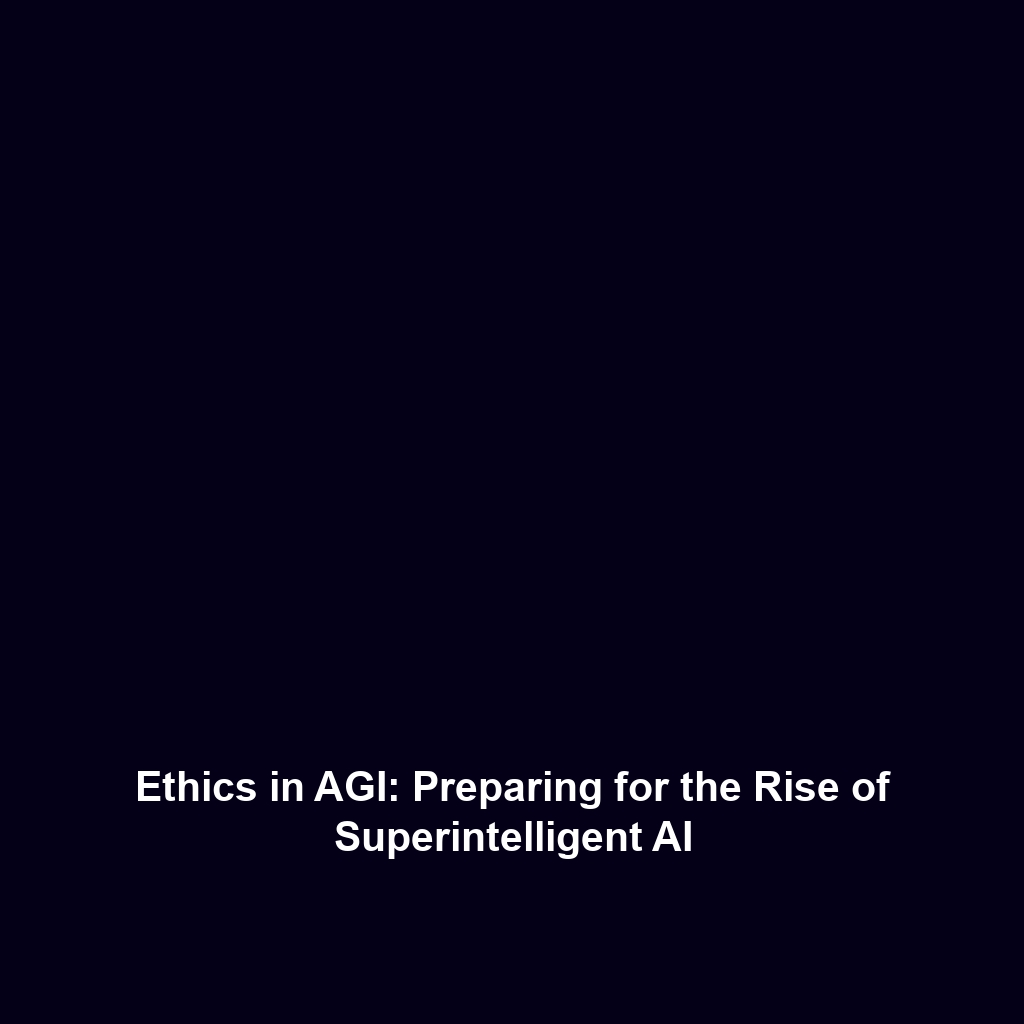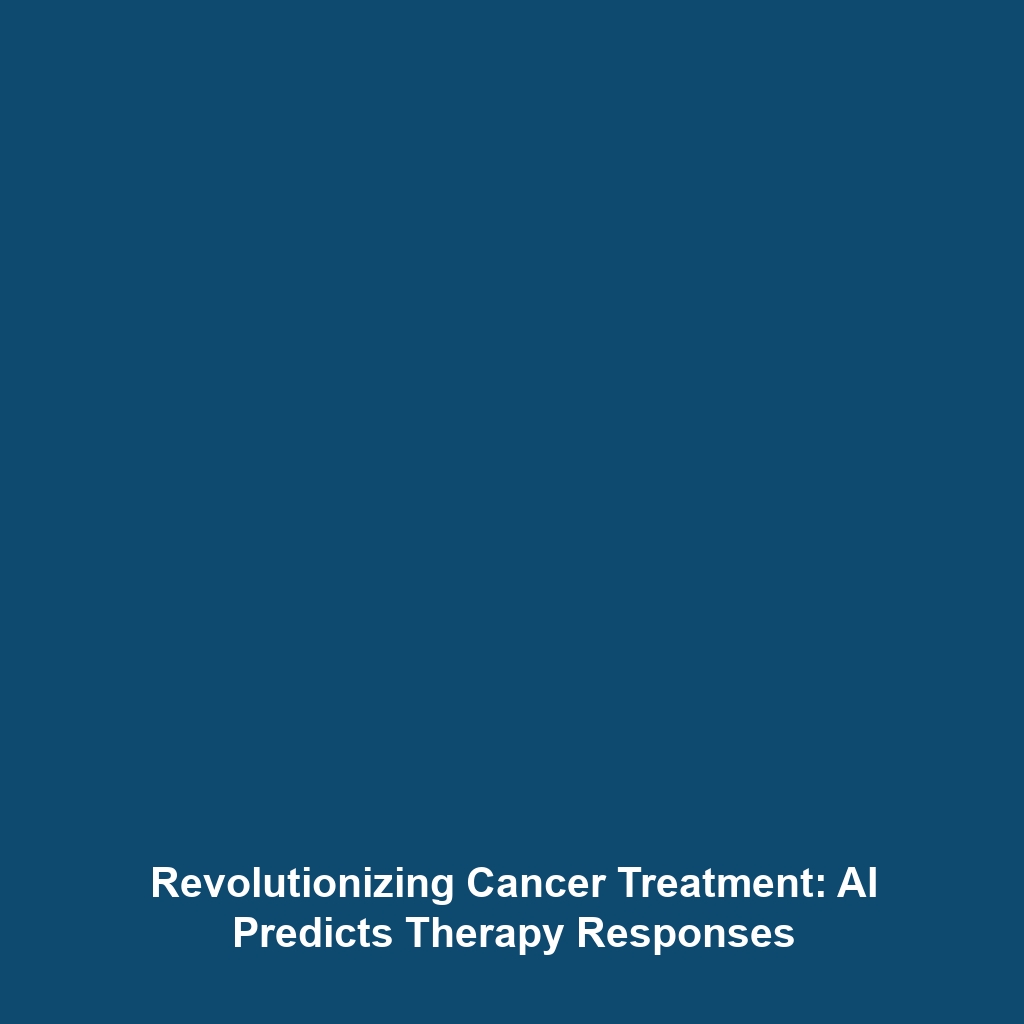How AI-Driven Pharmacovigilance Improves Drug Safety Monitoring
Introduction
In recent years, the integration of artificial intelligence (AI) in healthcare has revolutionized various domains, particularly in the field of pharmacovigilance.
AI-driven pharmacovigilance is transforming drug safety monitoring, enabling healthcare professionals to identify and mitigate adverse drug reactions more efficiently than ever before.
As the demand for safer medications rises, understanding how AI enhances drug safety monitoring is essential for improving patient outcomes and fostering trust in pharmaceutical interventions.
Key Concepts
Understanding Pharmacovigilance
Pharmacovigilance refers to the science and activities related to the detection, assessment, understanding, and prevention of adverse effects or any other drug-related problems.
With the aid of AI, pharmacovigilance evolves through improved data analysis, machine learning algorithms, and predictive modeling.
AI in Pharmacovigilance
AI algorithms sift through vast amounts of data from various sources including electronic health records, clinical trials, and social media to detect patterns indicative of drug-related issues.
This application of AI in healthcare enhances the speed, accuracy, and overall efficacy of safety monitoring mechanisms, ultimately benefiting both healthcare providers and patients.
Applications and Real-World Uses
The applications of AI-driven pharmacovigilance in healthcare are manifold and have shown promising results. Some significant real-world uses include:
- Signal Detection: AI-powered systems can analyze data from multiple sources to identify potential safety concerns more rapidly than traditional methods.
- Patient Monitoring: AI systems continuously monitor patient outcomes to flag adverse events in near real-time, allowing for prompt intervention.
- Literature Review: Natural language processing tools help in scanning published literature for relevant pharmacovigilance data, ensuring no critical safety information is overlooked.
Current Challenges
Despite the advancements, several challenges remain in the study and implementation of AI-driven pharmacovigilance:
- Data Quality: AI effectiveness is directly correlated with data quality; incomplete or biased data can lead to inaccurate conclusions.
- Integration Issues: Existing healthcare systems may have difficulties integrating AI technologies without significant adjustments.
- Regulatory Compliance: Navigating the complex regulatory landscape poses challenges in the deployment of AI solutions in pharmacovigilance.
Future Research and Innovations
The future of AI-driven pharmacovigilance is promising, with ongoing research focusing on integrating more sophisticated AI models and technologies.
Innovations such as real-time data processing and more robust algorithms for predictive analytics are on the horizon, which could redefine best practices in drug safety monitoring.
As advancements in machine learning and deep learning continue, these technologies are expected to improve the accuracy of adverse event predictions, leading to safer drug use and better patient protection in healthcare.
Conclusion
In summary, AI-driven pharmacovigilance is a crucial component of enhancing drug safety monitoring within the healthcare ecosystem.
By addressing existing challenges and leveraging upcoming innovations, the integration of AI can significantly contribute to better patient outcomes and foster a safer drug environment.
To delve deeper into this vital subject and keep abreast of the latest in AI in healthcare, consider exploring our related articles on the integration of technology in pharmaceutical safety.

